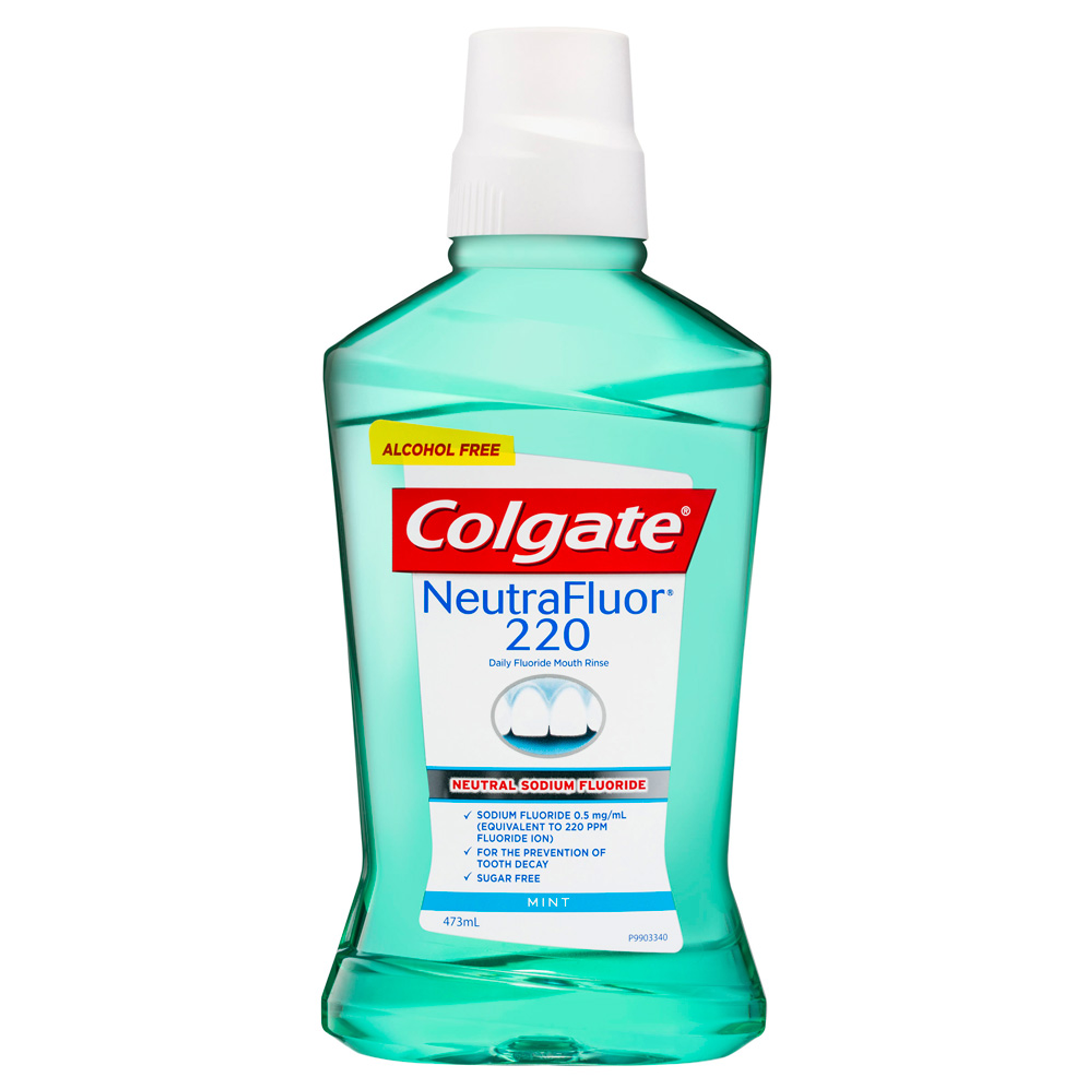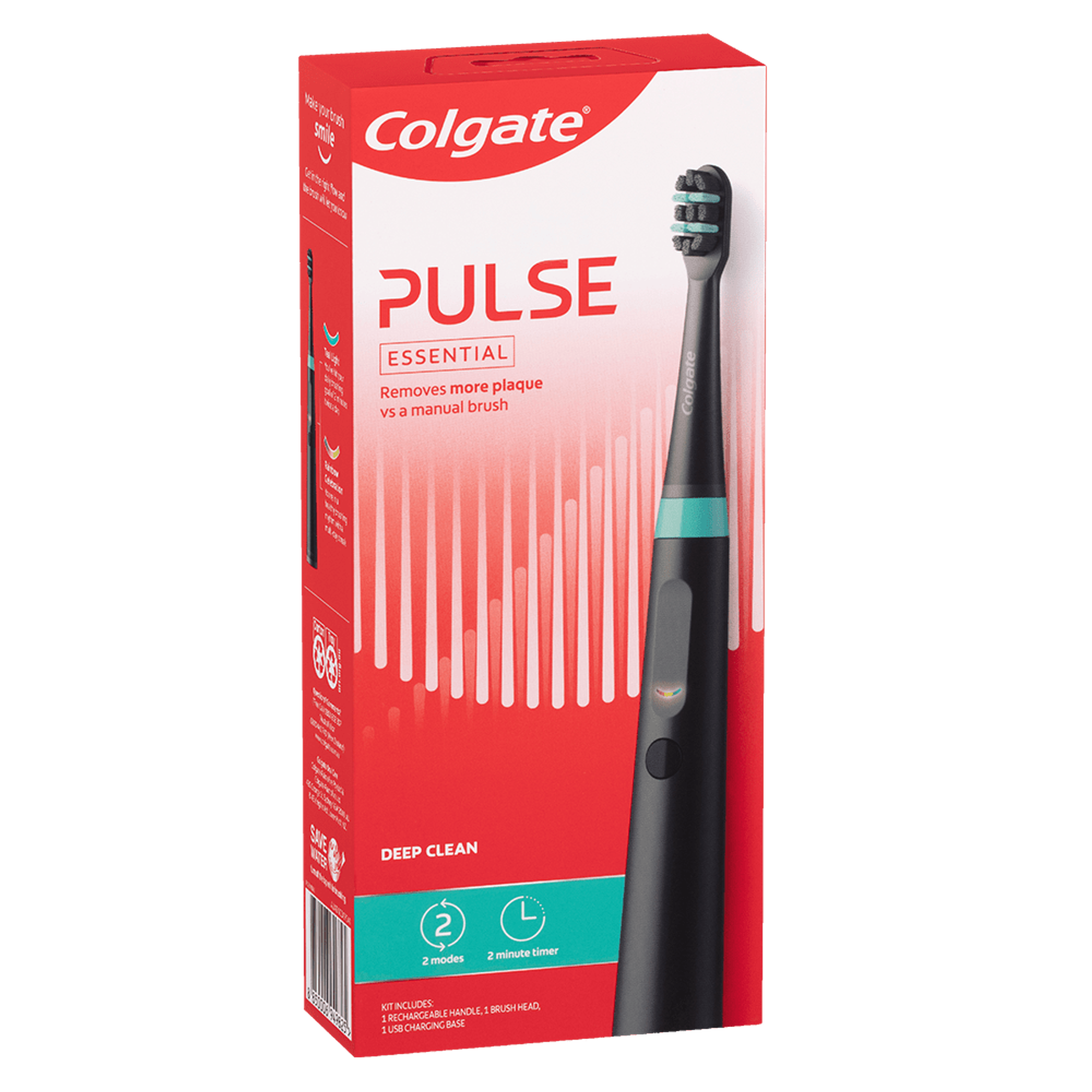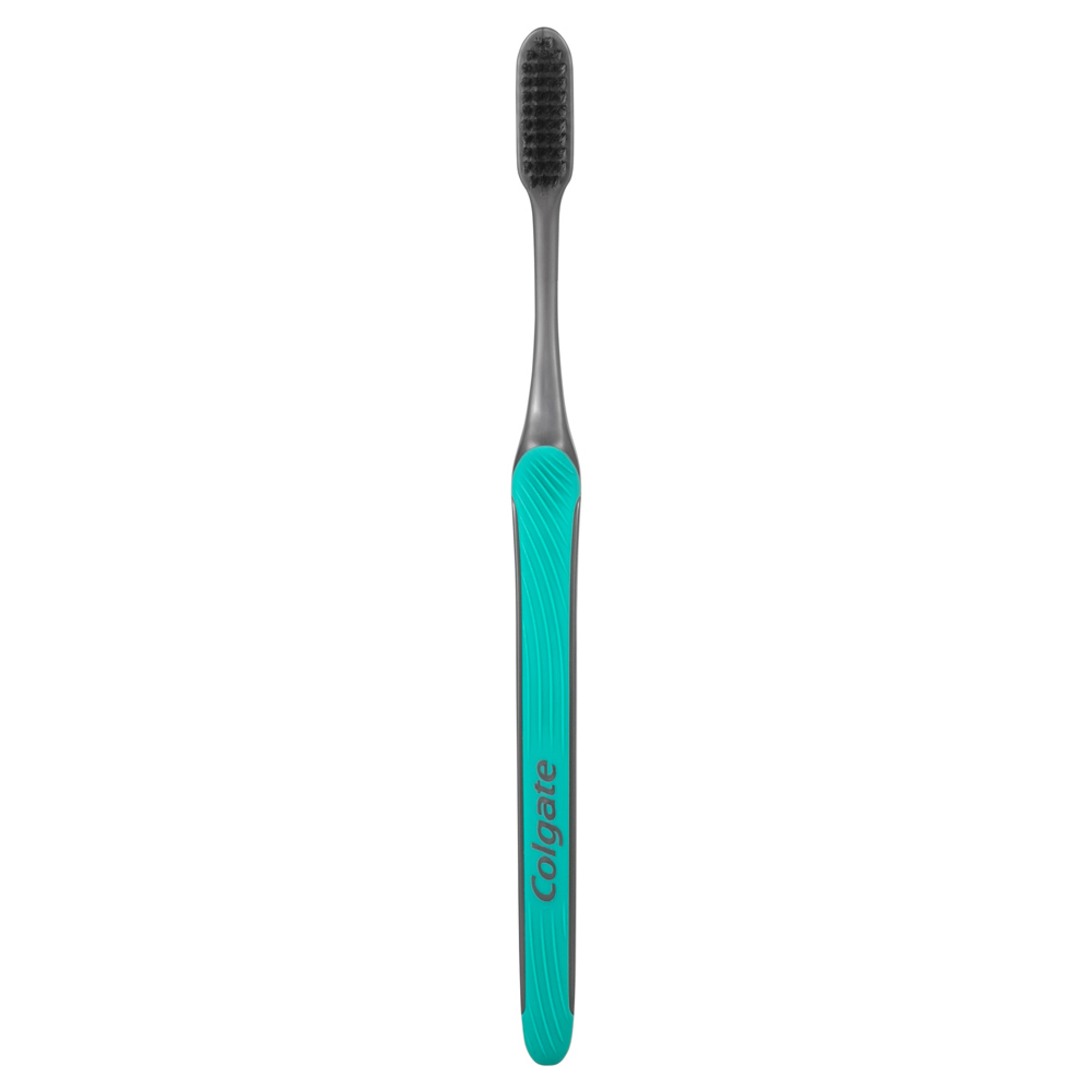What is Morning Breath?
Morning breath is a form of bad breath, known medically as halitosis. According to the Australian government’s health information service Health Direct, bad breath is commonly the result of poor dental hygiene. In essence, morning breath is bad breath compounded by a dry mouth while sleeping.
What Causes Morning Breath?
Dry mouth
Dry mouth is a significant contributor to morning breath. During the day, we have a steady flow of saliva which offers many protective benefits. Saliva helps destroy a variety of nasties, including bacteria and other microorganisms and helps neutralise acids produced by plaque. When you’re asleep saliva production decreases, diminishing the ability of your mouth to self-cleanse. This drying effect is especially pronounced if you breathe through your mouth
Odour-causing foods
Certain types of foods can give you an unpleasant breath. For example, garlic and onions contain sulphur compounds which have a distinct odour and can cause bad breath in two ways. After eating these sulphur-rich foods, the chemicals linger on your breath for hours. To make things worse, they then enter your bloodstream where they are carried to your lungs and released through your breath.
Neglecting oral care
If you fail to brush and floss properly, food particles will remain stuck in between your teeth. The bacteria in your mouth then break down these food particles, releasing a foul-smelling gas that causes bad breath.
Tobacco
Tobacco causes bad breath in multiple ways. Smoking tobacco reduces saliva flow, drying the mouth and making it an easy target for bacterial overgrowth. Smokers also have an increased risk of tartar buildup that can make bad breath worse by encouraging the formation of plaque on its rough surface. Plus, smoking can cause or worsen gum disease, with smokers being up to six times more likely to develop gum disease than non-smokers, according to SA Health.
Medications
Certain medications can give you a dry mouth which increases bacteria levels and makes morning breath symptoms worse.
How to Prevent Morning Breath
If you’re keen to prevent morning breath, try taking these preventive measures before you go to bed:
- Stay hydrated: Drink water before going to sleep at night, and in case you wake up feeling thirsty, keep a glass of water nearby.
- Watch what you eat: Avoid strong-smelling foods like garlic, onions or spices.
- Butt out: Quitting tobacco use can improve your overall health in many ways, as well as improving your oral health, and decreasing the chances of bad breath in the morning.
Waking With Morning Breath
If you are concerned that your mouth smells foul in the morning, brushing your teeth with fluoride toothpaste should be the first line of defence. But for those times when no toothbrush is handy, consider these breath-freshening tips:
- Mouthwash: Rinsing with an anti-bacterial mouthwash can help to control bacterial growth – along with bad breath. Mouthwash can also help to keep your gums healthy.
- Tidy up your tongue: By giving your tongue a quick clean with a tongue scraper, you can minimise the bacterial load.
- Chewing gum: A piece of sugar-free mint gum will help saliva production, which will clear bacteria and leave you feeling fresh until you can brush your teeth.
- Sugar-free breath mints: Keep some sugarless breath mints handy – they can enhance saliva flow and decrease bad breath.
Morning breath is never pleasant – either for the sufferer – or those around them! But by improving your oral health, you can usually improve the freshness of your breath. So brush your teeth twice a day, floss at least once daily - and give your tongue a quick clean. Keep your regular preventative dental appointments and have a chat with your dental professional; they should also have some good ideas on how to achieve fresher morning breath.
This article is intended to promote understanding of and knowledge about general oral health topics. It is not intended to be a substitute for professional advice, diagnosis or treatment. Always seek the advice of your dentist or other qualified healthcare provider with any questions you may have regarding a medical condition or treatment.













